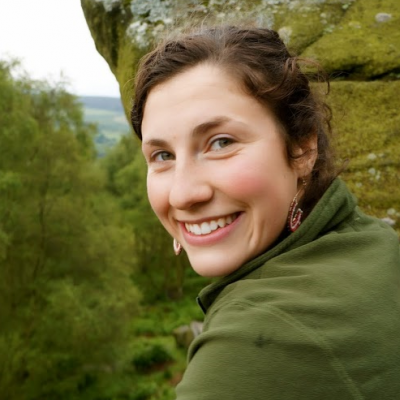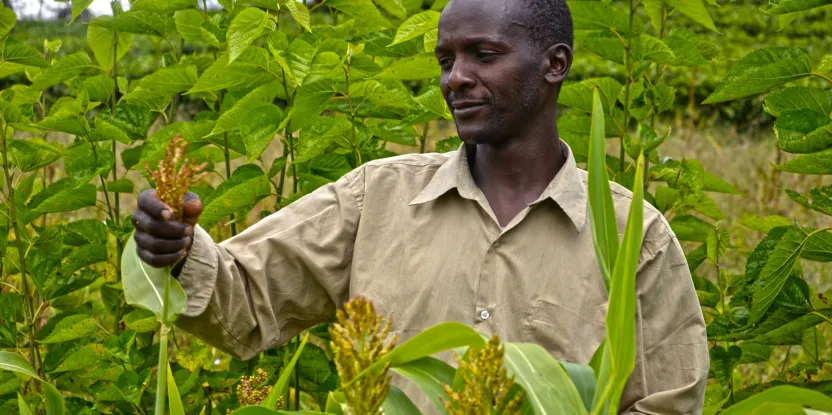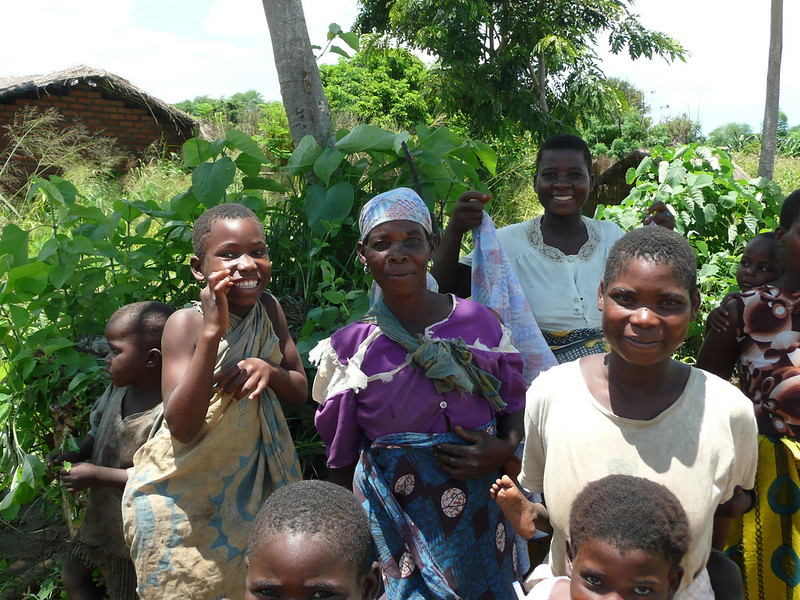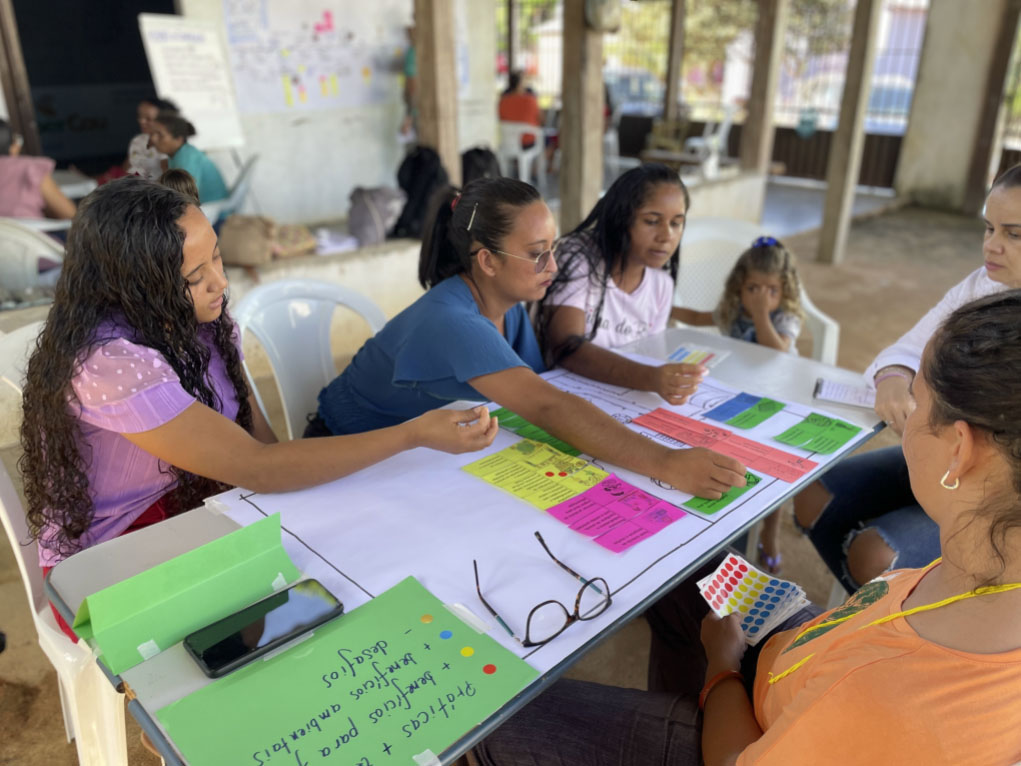Description
This project is part of the Agroecological transitions for building resilient and inclusive agricultural and food systems program (TRANSITIONS) financed by the European Union, which is jointly implemented by Bioversity International, the International Center for Tropical Agriculture (CIAT), the International Centre for Research in Agroforestry (ICRAF) and the National University of Ireland Galway (NUIG). The goal of the program is to better align policy, investment, and technical support to enable climate-informed agroecological transitions by farmers in low- and middle- income counties through the development and adoption of holistic metrics for food and agricultural systems performance, inclusive digital tools and transparent private sector engagement to foster incentives and investment.
The direct beneficiaries of the Metrics projects are development practitioners, donors, national and local governments, and private sector entities and the core smallholder directly farmers engaged. The Project targets at least 16 organizations (2 per country) across the development, donor, government, and private sectors to adopt the metrics and approaches co-developed in this project and estimates that 7.5% of the total beneficiary population of farmers will be directly engaged during the life of the project, for a total of about 120,000 direct beneficiary households. Indirect beneficiaries are around 1.5 million of smallholder farmers’ households who are targeted by initiatives in the focus countries and for whom agroecological transitions represent a sustainable pathway out of poverty.
The Project goal is to enable agroecological transitions through adoption of holistic metrics for food and agricultural systems performance.






























